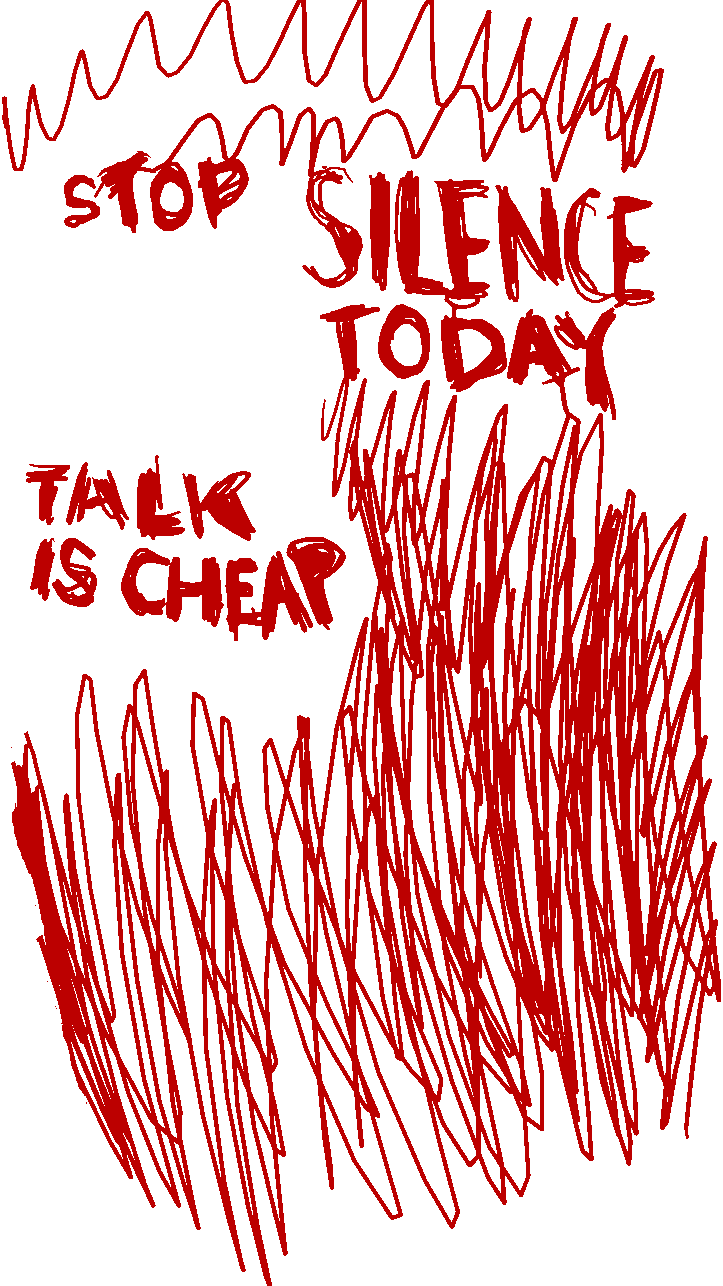More people are streaming out of Rafah for other parts of Gaza following Israeli orders to civilians to leave much of eastern and central Rafah — but some are staying, too exhausted or sick to move on yet again.
An elderly man, Hassan Aboul Einien, told CNN he had not wanted to leave his home in the Shaboura refugee camp. “But now I want to because there is no one left in the camp. I want to see my wife and daughter,” he said. “I’m going on foot. I don’t have money for a car. I sent my wife and daughter on foot as well.”
Maher Soliman, also living at the Shaboura refugee camp, said he didn’t know where to go: “No-one is supporting us. It’s just destruction. I left home with a T-shirt.” Soliman said there was no safe zone. “My 15-year-old daughter had burns over her body. There was a strike on the building next door while she was making food.”
Ayman Abu Negira, who was driving a car with a broken windshield, said he was heading for Al Mawasi, an area to the north-west of Rafah to which the Israelis have instructed people to go. He said he hopes it is a safe zone, but has his doubts. “They will probably strike around it,” Negira told CNN.
Some, however, were planning to stay. An unidentified woman said: “We are not afraid. We are exhausted but we are steadfast.” Her tent stands alone in an area she says was filled with tents just few days ago.
She said she was from Khan Younis. “I wish I could go home and I hope it is still standing. I’m crying because I want to go home.”
The woman said it was tense last night. “Even the water distribution guy is afraid to come by. People are afraid to leave the tents at night to relieve themselves because they are afraid of the quadcaptors (armed Israeli drones) … All of us have hepatitis. There are lot of infections among people.”
The woman pointed to a scar under her ear and said it had been causes by a sniper’s bullet which had broken her jaw when she was trying to retrieve belongings from near Nasser hospital. “There was a window covered by a blanket and the sniper got me here.”
“Why would they target me? I was at a school. It was empty.”
Her son, 18-year old Raed Abu Salem, has a face injury which he said was caused by shrapnel from a drone attack in Khan Younis when he was trying to get water. He also lost several teeth.
“I would say how good-looking I was,” he said, when asked what he feels when he looks at his photos before the war. Now his injuries are painful and he has to eat through a syringe.
His mother said she was struggling to feed the children. “These kids haven’t eaten. We don’t have fresh water.”














